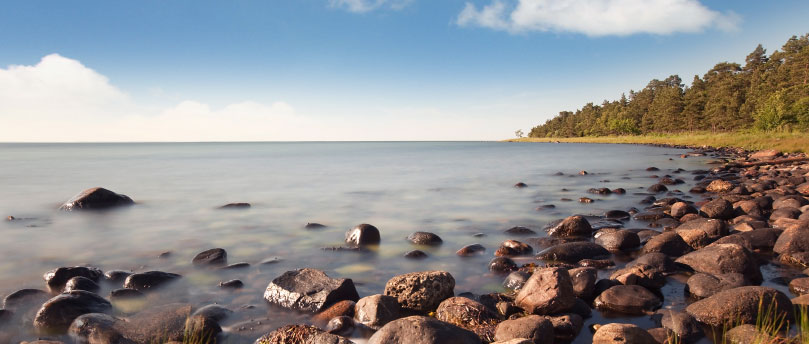Take a moment to close your eyes and consider the sights, sounds, and smells that you imagine when you think about being in nature. Perhaps you see a tiny trail meander through a dense forest or smell blossoming wildflowers as you summit a mountain peak. Maybe you feel the fresh ocean breeze blow through your hair as you dip your toes in the sand or hear the rush of a flowing waterfall as you paddle around the bend. By definition, a “nature lover” is someone who thrives on spending time in the outdoors and observing wild animals and plants. But there’s more to spending time in nature than just stepping outside. Nature teaches us how to adapt to new conditions, reminds us that the earth is always changing, and shows us the beauty in simplicity. It helps us disconnect from the stresses of daily life and focus on finding peace and purpose in a chaotic world. Mother Nature teaches us something new every day, and there are countless ways to soak in the spirit of the outdoors. So no matter where you live or how you define yourself, these are some of the best activities to get in touch with nature.
Hiking
One of the easiest and most accessible ways to get a dose of nature is by setting out on a good old fashioned hike. Hiking generally doesn’t require any fancy equipment or special skills; just a sturdy pair of boots, a map, and a thirst for adventure. This versatile activity can be as relaxing or as strenuous as you make it. For a list of hiking trail suggestions in your area, consider doing a little advance research on Trails.com or EveryTrail.com.
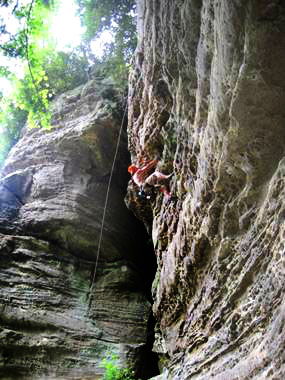
Backcountry Camping
Why limit yourself to just a day hike when you can have a full weekend (or longer) adventure? Backcountry camping involves packing your tent, sleeping gear, food, and water on your back to set up camp in a remote location. If you’re an experienced hiker and camper, this is an excellent way to test your survival skills and explore the untamed wilderness. Many parks require backpackers to obtain permits, so make sure to register and map your route before stepping on the trail.
Mountain and Road Biking
Unlike long hikes through the woods, biking allows you to cover more ground and travel farther while still being immersed in nature. Mountain biking typically involves riding up and down steep slopes, between trees, and over rocks. If this sounds too intense or your tires aren’t suited for rugged terrain, consider taking a road bike or a hybrid on paved trails through forest preserves or along country roads.
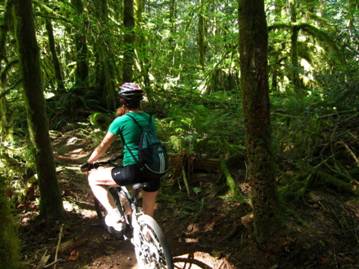
Kayaking and Canoeing
Whether you live near a lake, river, or a bay, head to the water to feel flowing waves underneath you in a kayak or canoe. Many public and private bodies of water offer kayak and canoe rentals if you don’t have your own and just want to try it out. Similar to hiking, these water activities can be as intense or as tranquil as you like. Beginners should stick to slow-moving waterways, while advanced paddlers can explore the adrenaline-pumping excitement of whitewater. Paddling.net is a great resource for trail routes, organized trips, and buying guides.
Rock Climbing
Although rock climbing is a technical sport that requires a fair amount of training and practice, it’s also one of the best ways to really get in touch with the natural environment. Climbing challenges your mind, tests your personal stamina, and encourages you to work with the forces of nature to accomplish your goals. You’ll definitely want to take a few rock climbing courses, preferably outdoors, and hire a guide before attempting to set your own anchors and climb your own routes. RockClimbing.com and Mountain Project have some excellent information about finding climbing routes around the world.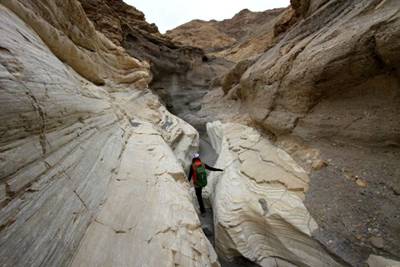
Snowshoeing and Cross Country Skiing
When the temperatures drop and the snowflakes start falling, it’s time to pull on a few layers and explore the realm of winter sports. If you find the world’s top downhill ski and snowboard resorts to be too expensive, crowded, and commercialized, give snowshoeing and cross country skiing a try. These winter activities allow nature lovers to enjoy the peace of a fresh snowfall while exploring favorite forests in a whole new way.
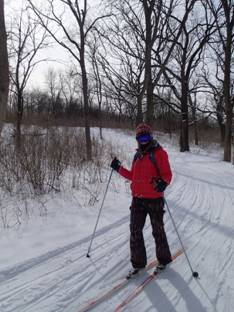
Gardening
Contrary to popular belief, you don’t have to travel beyond your own backyard to experience the serene beauty of nature every day. If your personality is less adventurous or your mobility restricted, consider planting a garden to grow your own vegetables, fruits, herbs, or flowers. There’s something truly satisfying about mixing up a salad with fresh ingredients you grew yourself. One of the best parts about spending time in nature is that it doesn’t have to break your budget and anyone can do it. For more money-saving strategies and insider tips from travel experts, check out our Save70 blog!
—
Photos credit: Alyssa L. Ochs

